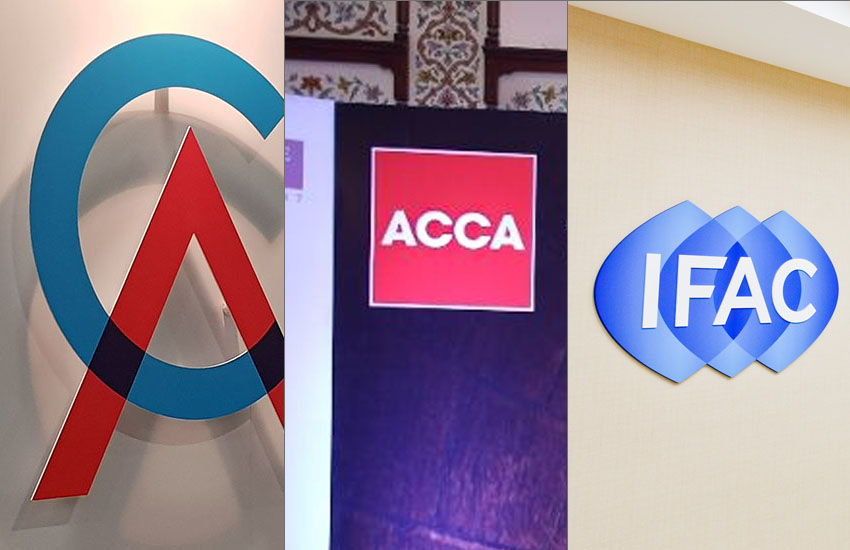A report published today rejects claims that sweeping reforms such as introducing audit-only firms or capping non-audit services are solutions to concerns about audit quality, competition and perceived conflicts of interest in the audit profession.
The report, signed off by Chartered Accountants Australia and New Zealand chief executive Rick Ellis, the Association of Chartered Certified Accounts (ACCA) chief executive Helen Brand and the International Federation of Accountants (IFAC) chief executive Kevin Dancey, comes amid intense international and local scrutiny on audit.
You’re out of free articles for this month
Earlier this year, the UK’s Competition and Markets Authority called for the big four to undergo an operational split to ensure that the audit arms are under separate management from the rest of the firms’ business.
Closer to home, the Joint Committee on Corporations and Financial Services said it had expressed concerns about audit quality in Australia for “some years” now, leading to a parliamentary inquiry into the regulation of auditing.
However, the new report by CA ANZ, ACCA and IFAC argues that multidisciplinary firms are best placed to deliver “superior audit quality” through a diverse skill base.
“Superior audit quality can only be delivered if firms have the best people, services and knowledge at hand,” the report said.
“This report shows, by review of research and other related literature, the multidisciplinary model is one of the best mechanisms to develop the skills, expertise and consistency needed for quality audits.
“A multidisciplinary approach, drawing on deep methodology and frameworks for assurance, combined with specialist and subject matter expertise, is well positioned to meet this need and will be increasingly vital as the market continues to evolve towards integrated thinking in the years to come.”
The report further details safeguards in the industry to mitigate real or perceived risks of conflict of interest associated with audit firms providing non-audit services, while sending a warning to policymakers against making sweeping changes.
“Standard setters, audit committees and regulators are all keenly aware of potential conflicts — real or perceived. Robust rules and policies already exist to mitigate risks to independence and are under review for further enhancement,” the report said.
“As this issue continues to be considered, it is important to remember that evidence cited in this paper calls into question the need for sweeping regulatory changes that could have unintended consequences on audit quality.”
Jotham Lian
AUTHOR
Jotham Lian is the editor of Accountants Daily, the leading source of breaking news, analysis and insight for Australian accounting professionals.
Before joining the team in 2017, Jotham wrote for a range of national mastheads including the Sydney Morning Herald, and Channel NewsAsia.
You can email Jotham at: This email address is being protected from spambots. You need JavaScript enabled to view it.

 Login
Login







